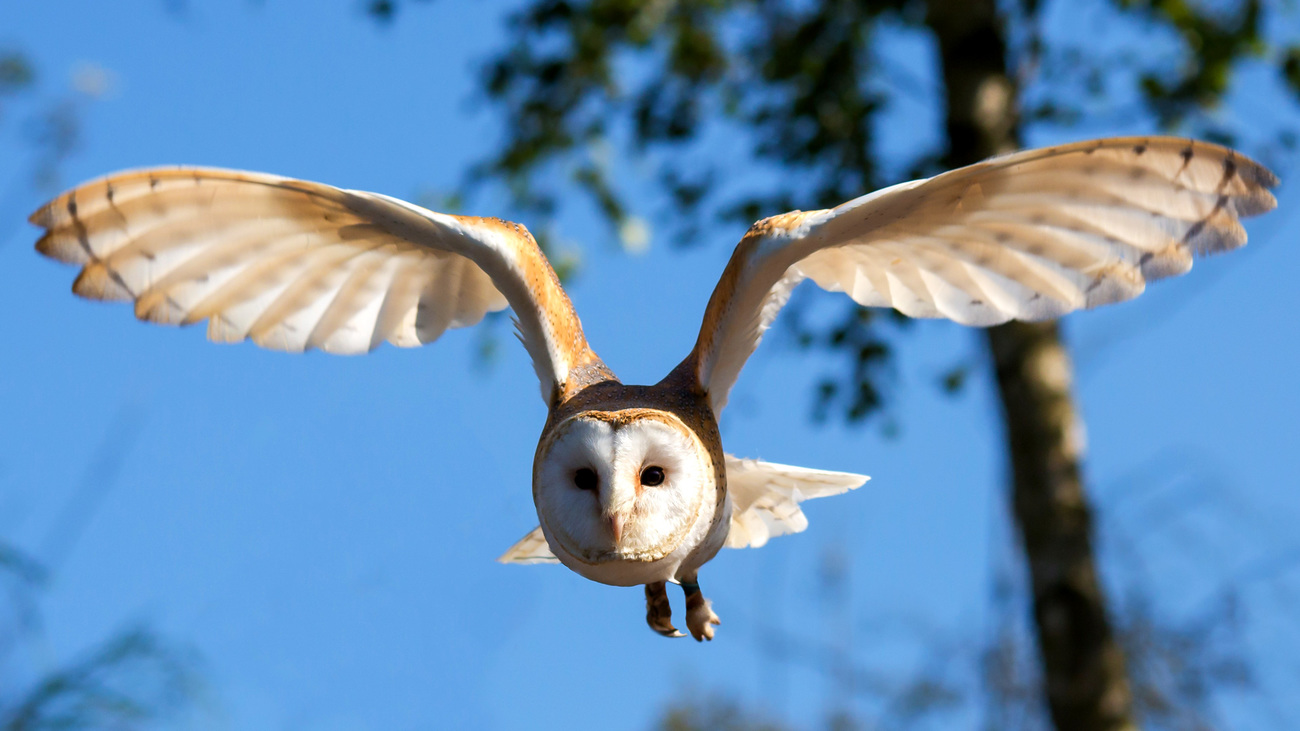inconsistent laws and funding puts UK wildlife in danger
inconsistent laws and funding puts UK wildlife in danger

(London, UK – 10 May, 2023) – Illegal wildlife crime such as fox hunting, badger baiting and hare coursing is going on under the radar in the UK, according to new research.
Wild animals face horrific acts of cruelty by being poisoned, trapped and set upon by dogs. Inconsistent laws, a chronic shortage of resourcing and a lack of awareness of wildlife crime are enabling this problem.
The report ‘Make wildlife matter—spotlight on wildlife crime: working with police and enforcers for change’, is based on these findings, according to a new comprehensive study commissioned by IFAW from criminologists at Nottingham Trent University and the University of Gloucestershire. The report shines a spotlight on how wild animals in the UK need greater protection.
There are also mounting concerns about wildlife crime links to organised crime. Specifically, it found:
- 81% of the police force respondents said they felt wildlife crime was linked to theft and dishonesty offences;
- 50% highlighted links to firearms;
- 38% linked it to drugs, and;
- 50% believed wildlife crime was connected to violent crimes.
Police, legal experts and NGOs cite wildlife crime’s ‘non-notifiable’ status as a major source of its inequality under the law. This means incidents do not have to be reported by the police to the Home Office that use these to compile national crime statistics.
“Wildlife in the UK is already in crisis—being pushed to the brink through habitat loss, climate change and pollution. But these alarming findings show that criminals are purposefully going out of their way to harm or make profit from them,” Frances Goodrum, Head of Campaigns, IFAW UK said.
“The fact that wildlife crime cannot be reported as a crime in a meaningful way means the government cannot measure or manage the current situation. Countless sinister crimes could be being committed—we simply do not know—it is all very ‘finger in the air’. This must change – our wildlife deserves better”, Goodrum added.
Because wildlife crimes occur under such a veil of secrecy and in remote places, overstretched polices forces have difficulty allocating resources to investigate and prosecute them.
“It’s clear that enforcement response is variable, indeed our Police and Crime Commissioner respondents indicated a clear belief that some police forces investigate and respond to wildlife crimes better than others”, Dr Angus Nurse, research lead and head of Criminology at NTU’s School of Social Sciences, said.
“Our respondents pointed to some inconsistency in the understanding of wildlife crimes and wildlife and a greater need for training and resources to support effective investigation and prosecution. As a result, we found that effective wildlife crime enforcement is heavily dependent on the enthusiasm, dedication and specialist knowledge of individual officers and prosecutors rather than there being a clear, coordinated, effective permanent system in place across the UK,” Nurse added.
To tackle the problem IFAW is launching a campaign called ‘make wildlife matter’. We are calling on the government to protect our precious wildlife by introducing the following measures:
- Making wildlife crimes notifiable
- Harmonising all UK wildlife law
- Ensuring there is at least one dedicated full-time wildlife crime officer per force
- Incorporating wildlife crime into the Policing Education Qualification Framework
- Developing enforcement, prosecution and sentencing guidelines to combat inconsistencies around wildlife crime scenarios and how those should be dealt with.
To sign the petition, please visit here.
ENDS
Notes to editors
- Imagery / video can be found via hightail here.
- This is the most comprehensive recent dive into the national wildlife crime picture since the largely unaddressed UNODC recommendations in 2021 that wildlife crime needs to be better prioritised.
- This research sought views from those on the front line of wildlife crime enforcement presenting an up to date snapshot of wildlife crime in the UK.
- Crimes reported included hares chased and ripped apart by dogs for bets, the shooting of birds of prey, the stealing of bird's eggs, illegal fox hunting and badgers being dug out and baited – set upon by dogs.
- There are an estimated 30,000 offences against badgers annually alone in the UK.
Press Contacts:
United Kingdom
Kirsty Warren
Senior Communications Manager
m: +44 (0) 7809 269 747
e: kwarren@ifaw.org
Related content
Our work can’t get done without you. Please give what you can to help animals thrive.